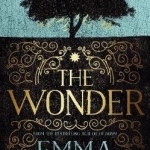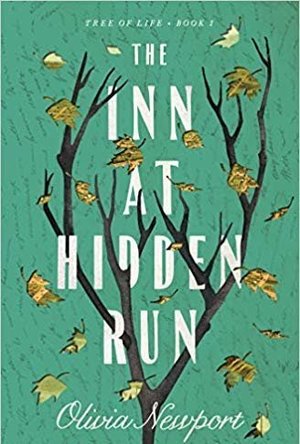Zuky the BookBum (15 KP) rated The Wonder in Books
Mar 15, 2018
<b><i>It came to Lib then that the question to ask was not how a child might commit such a fraud, but why?</b></i>
<i>The Wonder</i> is an absolutely beautiful and thought-provoking novel and by far one of the best books I’ve read this year.
Set in towards the end of the 19th century, we meet one of Ms Nightingale’s own nurses, shipped out to Ireland to investigate a so-called miracle. Young Anna O’Donnell hasn’t eaten since her 11th birthday, which passed four months ago. Lib begins a frustrating journey into learning whether Anna is truly a modern day Saint.
She is determined to prove the miracle a hoax, but being faced with old Irish superstitions she doesn’t understand, sexism and strong Catholic faith, she has a hard time getting to the truth.
It’s a bit of a slow ride, but it’s interesting enough to keep you wanting to know more. Donoghue creates a beautifully vivid story for you to really lose yourself in, you’ll find yourself reading this book within a couple of days (or hours, depending on when you’re reading it). Not what I’d classify at a mystery novel - the story is so much more than just working out the story behind Anna’s apparent loss of appetite. It’s a story of faith, believing in yourself and following your heart.
A really enjoyable book, with a wide array of likable and dislikable characters, beautiful scenery and heart warming lessons to take away, this is a must read for any historical fiction lover.
Whatchareadin (174 KP) rated The Inn at Hidden Run (Tree of Life #1) in Books
Jun 21, 2019
Thank you to NetGalley & Barbour Publishing for the opportunity to read and review this book.
The title of this book really isn't fitting for what it contains. It's much more than the Inn. That is where Meri is situated while in Colorado, but it's really about the people in the town that help her when she is lost. Meri loves her family, but doesn't feel the calling to be a doctor like everyone else for generations has been. When she comes to Canyon Mines, Jillian, who is a genealogist, helps her to find her family roots and maybe explain while she feels the way she does.
I gave this book three stars, because it didn't grasp my attention right away. At times it felt as if the story line kept repeating the same things, like the author copy and pasted a line from one chapter to all the other chapters in the book. Overall the book is enjoyable, trading from modern day Colorado, to 1800's Memphis during the yellow fever outbreak. This is a good book for those the enjoy historical fiction. I did learn a lot about that epidemic which includes some very factual details in this story.

The Evolution of Everything: How Ideas Emerge
Book
We are taught that the world is a top-down place. Acclaimed author Matt Ridley shows just how wrong...

The Flood Year 1927: A Cultural History
Book
The Great Mississippi Flood of 1927, which covered nearly thirty thousand square miles across seven...
Imagining Home: American War Fiction from Hemingway to 9/11
Book
War has often been seen as the domain of men and thus irrelevant to gender analysis, and American...
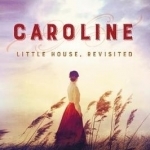
Caroline: Little House, Revisited
Book
In this novel authorized by the Little House estate, Sarah Miller vividly recreates the beauty,...

Between East and West: Across the Borderlands of Europe
Book
A vivid and human glimpse into Europe's borderlands as they emerged from Soviet rule - back in print...
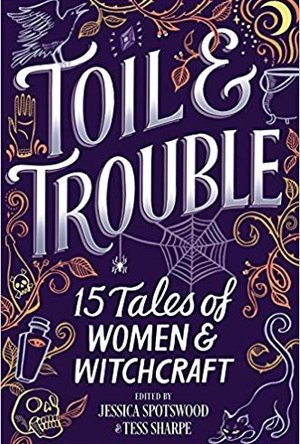
Toil & Trouble: 15 Tales of Women & Witchcraft
Book
A young adult fiction anthology of 15 stories featuring contemporary, historical, and futuristic...

The Home For Unwanted Girls
Book
Philomena meets The Orphan Train in this suspenseful, provocative novel filled with love, secrets,...
Historical Fiction 1950s
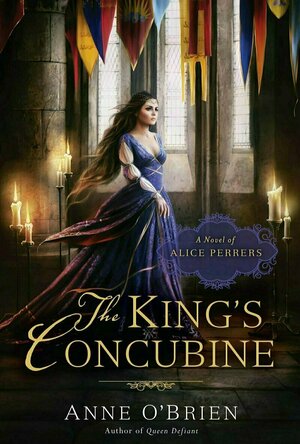
The King's Concubine
Book
A child born in the plague year of 1348, abandoned and raised within the oppressive walls of a...
Historical Fiction
